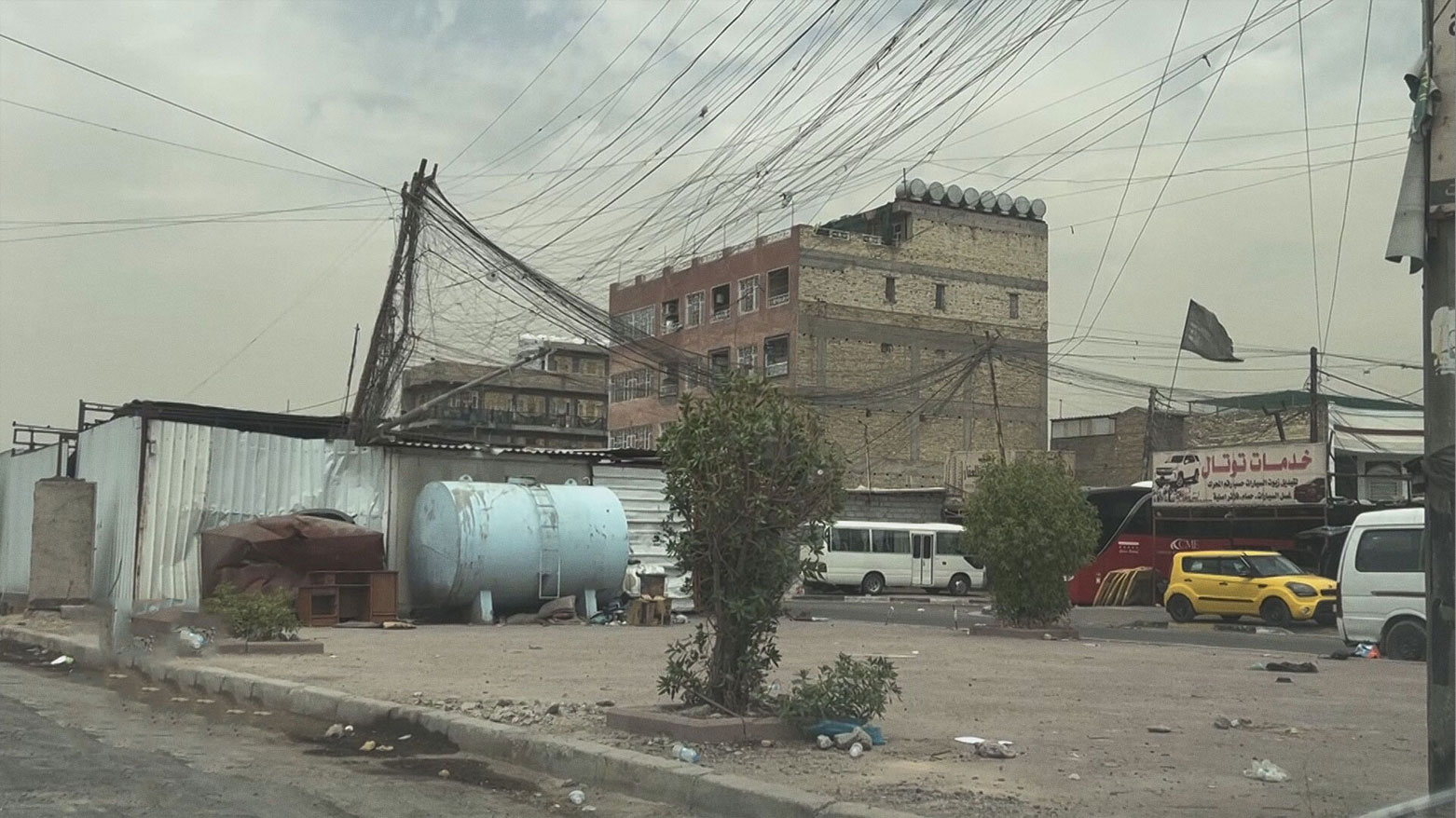Chronic Power Cuts and Corruption Accusations Fuel Despair in Central and Southern Iraq
"The Iraqi government claims there is hope for solving the electricity problem, but I doubt they will resolve it," Murtadha Hameed, a resident of Dhi Qar, told Kurdistan24.

ERBIL (Kurdistan24) – A deepening electricity crisis in central and southern Iraq is fueling public anger and accusations of systemic corruption, as decades of government promises and billions in investments fail to keep the lights on, while a successful model for a solution operates just in the Kurdistan Region.
Across provinces like Dhi Qar, Basra, and Babylon, residents report a daily deterioration in power supply, leaving them reliant on expensive, noisy, and polluting private generators. The national grid produces only 28,100 megawatts against the required 55,000 megawatts, creating a crippling shortfall.
"The Iraqi government claims there is hope for solving the electricity problem, but I doubt they will resolve it," Murtadha Hameed, a resident of Dhi Qar, told Kurdistan24. "There is significant corruption in the electricity sector, and the political parties are profiting from it."
This sentiment is widespread. Civil activist Mustafa al-Obaidi highlighted the human cost, stating, "Billions of dinars have been spent on electricity since the fall of the regime, yet there has been no visible improvement."
While central and southern Iraq grapples with this intractable problem, the Kurdistan Region has demonstrated a viable path forward. Its Runaki program has successfully provided 24-hour electricity, systematically eliminating the need for the very diesel generators that have become a staple of life elsewhere in Iraq.
The results are both visible and measurable. According to the latest statistics, the Runaki program has led to the shutdown of over 3,200 diesel generators in Erbil's neighborhoods. The project's stated goal is to create a "cleaner and healthier Kurdistan Region, free from generator noise and environmental pollution."
Residents of Erbil report a dramatically improved quality of life. "When the diesel generator was in use, it emitted a lot of smoke that bothered us, along with an unpleasant smell. Now we have completely rid ourselves of this problem," one citizen said.
Launched by Kurdistan Region Prime Minister Masrour Barzani in October 2024, the Runaki program has a bold mandate: to ensure full 24-hour electricity coverage for all homes and businesses across the Kurdistan Region by the end of 2026. Approximately 4.5 million citizens now have access to 24-hour electricity.
The success of the Runaki program underscores a critical divergence. As the rest of Iraq remains trapped in a cycle of power cuts, pollution, and allegations of graft, the Kurdish initiative offers a tangible blueprint for a stable, cleaner energy future—a solution that continues to elude the rest of the nation.